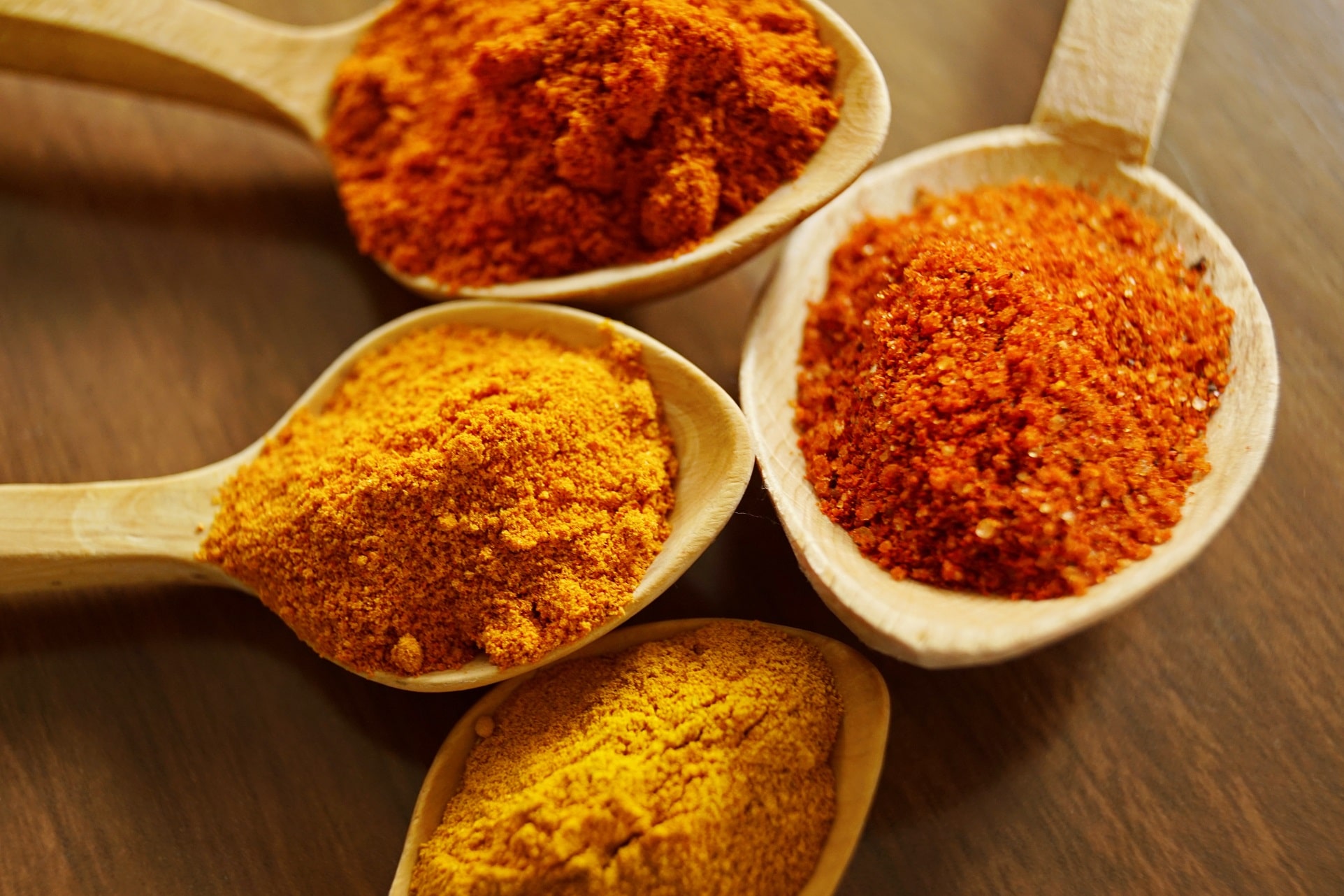
“Did I eat too much today?” or “Have I eaten enough?” – every day, we always ask ourselves these questions. We tend to watch HOW we eat instead of watching WHAT we eat. Although this may not seem to pose as a problem to most of us, getting the right nutrients from the food we eat daily is as equally as important to, simply, eating.
Instead of worrying about the volume of food we eat, how about we start asking ourselves if we are eating the right food for our bodies?
Different foods are great sources of nutrients that help function the body properly. One of the nutrients that we need to supply ourselves daily is Curcumin -- a compound found within turmeric, which is mostly used in Indian, Southeast Asian, and Middle Eastern cuisines.
More than just a spice, the curcumin in turmeric was found to have numerous health benefits. Studies have shown that consuming curcumin naturally reduces inflammation throughout the body, may help prevent cancer, and could help prevent heart disease. The study on curcumin is still on-going due to its showing of immense potential as a natural healing remedy.
Below are diseases that curcumin has been observed to help in treating:
Cancer - Research shows curcumin can influence the natural treatment of several cancers including colon, stomach, lung, breast, and skin cancers.
Rheumatoid Arthritis - Curcumin shows promise for those with autoimmune diseases including rheumatoid arthritis.
Osteoarthritis - Animal studies show curcumin’s anti-inflammatory and antioxidant benefits significantly slow osteoarthritis progression and relieve pain.
Gastrointestinal Disorders (GI) - Curcumin’s anti-inflammatory benefits can support people with GI disorders including inflammatory bowel disease (IBD), irritable bowel syndrome (IBS), Crohn’s disease, and ulcerative colitis.
Oxidative Stress - As an antioxidant, curcumin is a free radical scavenger that also binds and eliminates potentially damaging metals including iron and copper.
Brain Health - Oxidative stress and inflammation play a role in many neurodegenerative diseases including Alzheimer’s disease. Research shows curcumin protects your brain cells against oxidative stress-induced damage, lowers inflammation, and protects your energy-producing mitochondria.
Depression - Oxidative stress and inflammation also contribute to depression. Depression, like any disease, is multifactorial, meaning multiple culprits contribute. One study found using 500 mg of curcumin twice daily for four to eight weeks provided anti-depressive benefits for people with major depressive disorders.
Anxiety - Animal studies also show curcumin can positively impact the behavioral symptoms associated with anxiety.
Cholesterol Levels - As little as 500 mg of curcumin for one week can improve your lipid profile including total cholesterol and HDL (your “good” cholesterol) levels.
Liver Health - Research shows curcumin’s antioxidant and anti-inflammatory benefits can prevent the progression of nonalcoholic fatty liver disease (NAFLD).
Cystic Fibrosis - Curcumin’s antioxidant and anti-inflammatory properties can also aid in the treatment of cystic fibrosis, characterized by chronic respiratory infections and inflammation.
Now that you know how Curcumin can be beneficial to your health, it’s time to ask yourself: “Am I eating the right foods?” Instead of looking at the volume of the food you eat daily, WHAT you are eating must be taken into consideration.
Add turmeric to your daily diet and your health will be thanking you in the future.
LifeFood Curcumin provides natural support in managing general inflammation. It helps manage inflammation-related conditions such as osteoarthritis, psoriasis, delayed onset muscle soreness, etc. Consult your physician first before you start taking supplements.
Sources:
https://lpi.oregonstate.edu/mic/dietary-factors/phytochemicals/curcumin#introduction
This article was originally posted in Pharexmedics.com